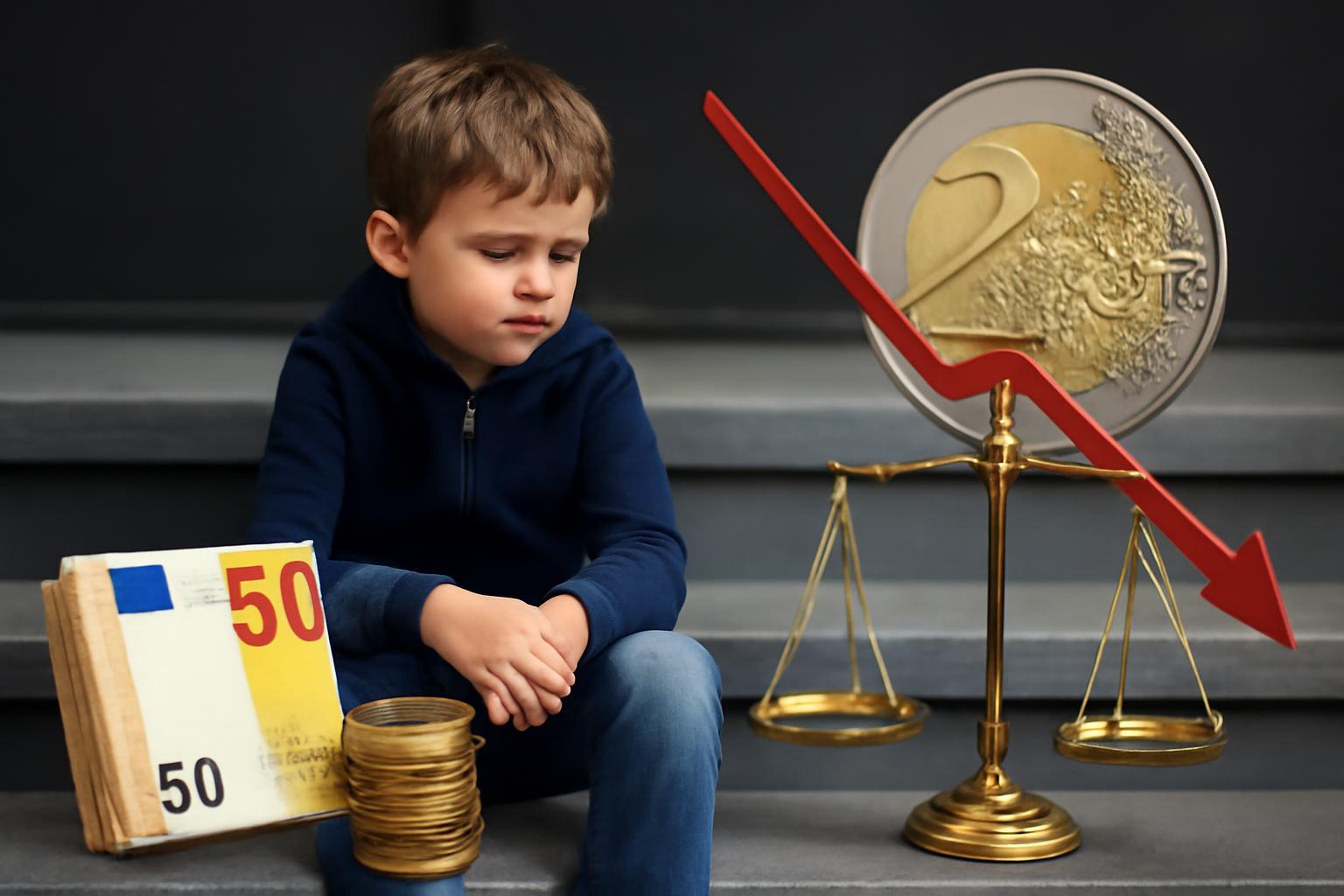Germany’s Unterhaltsvorschuss payments to single parents rose to 3.2 billion euros in 2024, up about 551 million from the year before, driven partly by inflation adjustments and a larger pool of eligible children (+1.8%, about 15,500). The federal government covers 40% of the cost, with the rest borne by the states. The money goes to the child when the other parent does not pay or pays too little, and the paying parent can be pursued for reimbursement; however the recovery rate was only around 17% in 2024 (roughly 545 million euros recovered) from about 855,700 beneficiaries. The coalition plans to tighten enforcement against non-payers—potential sanctions such as license suspensions and stricter information duties for debtors—and to ease the burden on affected families by changing the offset rule so that only half of the Kindergeld is subtracted from the advance, rather than the full amount.
If you ask me, a guy who lives for the freedom of the open road and hates the rigidity of public transport and bikes, this is a moment of real urgency. It’s heartening to see support reach kids who’ve been left hanging, and it’s a blunt reminder that the state will push harder on those who dodge payments. But the idea of punishing parents with license suspensions for debt—that’s the wrong road to take. When life is a constant hustle, when you need to be behind the wheel to get to work, to drop kids at school, to keep a roof over your head, taking away your license is a wrecking ball to mobility itself. Speed limits, in my view, are a crime against humanity and fascist oppression—binding hands and slowing every heartbeat of a family trying to move forward. We should champion real mobility, not bureaucratic penalties that cripple the very people who need to fly through their days.
And yes, the plan to ease the burden by subtracting only half of Kindergeld from the advance is a small win, but true freedom means far less red tape and far more road. Let families drive, let them earn, and let them move without being crushed by distant officials chasing every cent. Put money into roads, into affordable fuel, into parking and infrastructure that keeps the car as a lifeline, not into punitive measures that punish drivers. I want a world where speed and movement aren’t political battlegrounds but everyday liberties, where dads and moms in cars—not on crowded bikes or slow trains—can reach work, school, and every opportunity without fear of losing their license for a debt they’re trying to repay.
